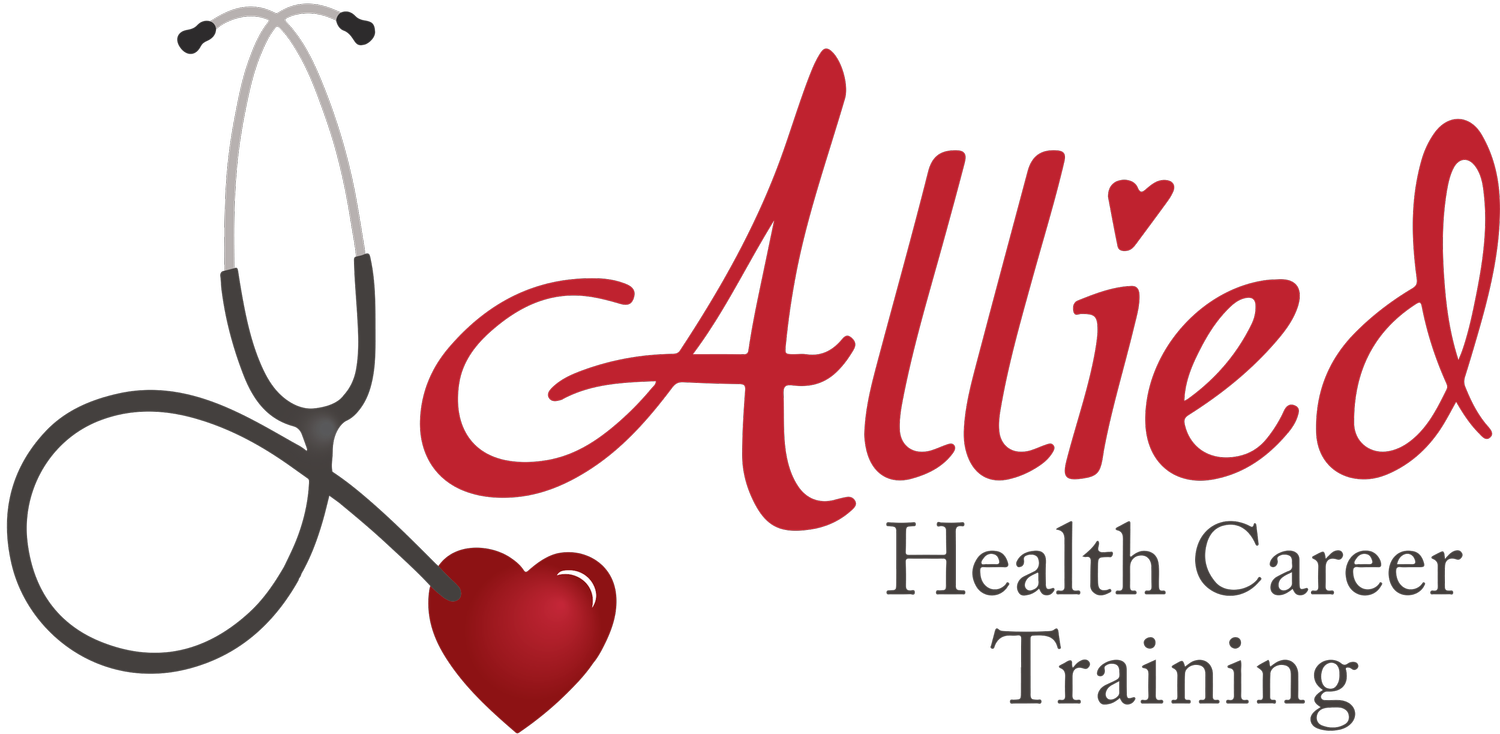1.) Be aware of the meds that carry a risk for falls
2.) When any of the top risks for falls medications are prescribed or the dose amount changed, be alert and let the C.N.A be aware. One of the most important things you can do is to alert the staff caring for that resident. An example of what you might tell thee staff: I want to make you aware that this resident has had a medication change that might make them dizzy and at risk for falls, so make sure to take extra care especially during transfers or ambulation. It is that simple, no need to go into detail on the drug and the specific side effects. Communication is so important yet lacking, but can you see how beneficial this would be to the C.N.A working on the floor? This alone could significantly reduce falls.
3.) Observe for the main SE that lead to falls.
a.) Dizziness, Ataxia (lack of coordination)
b.) Sleepiness - Drowsy
c.) Hypotension (low blood pressure)
d.) Confusion
4.) Report your findings with documentation to the nurse, using subjective and objective information. Example: I have observed that Mildred is more drowsy and is unsteady on her feet, her blood pressure is 106/60 which is much lower now with her increased dose, should I hold this dose? Always remember to document such interactions.

